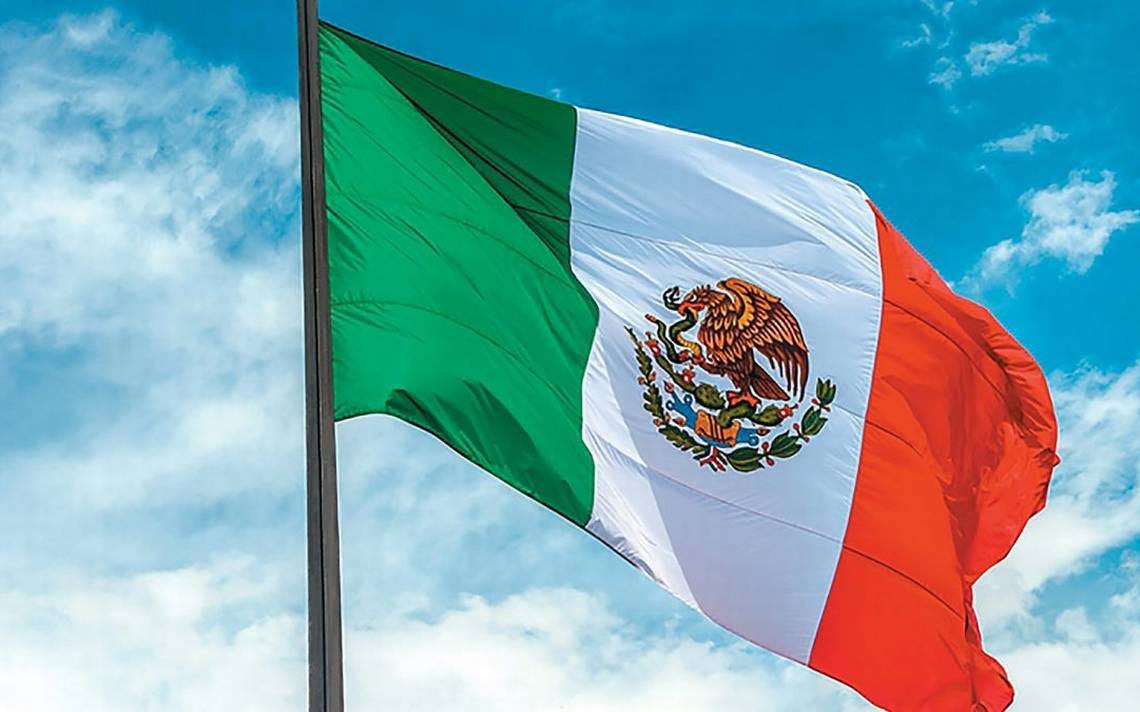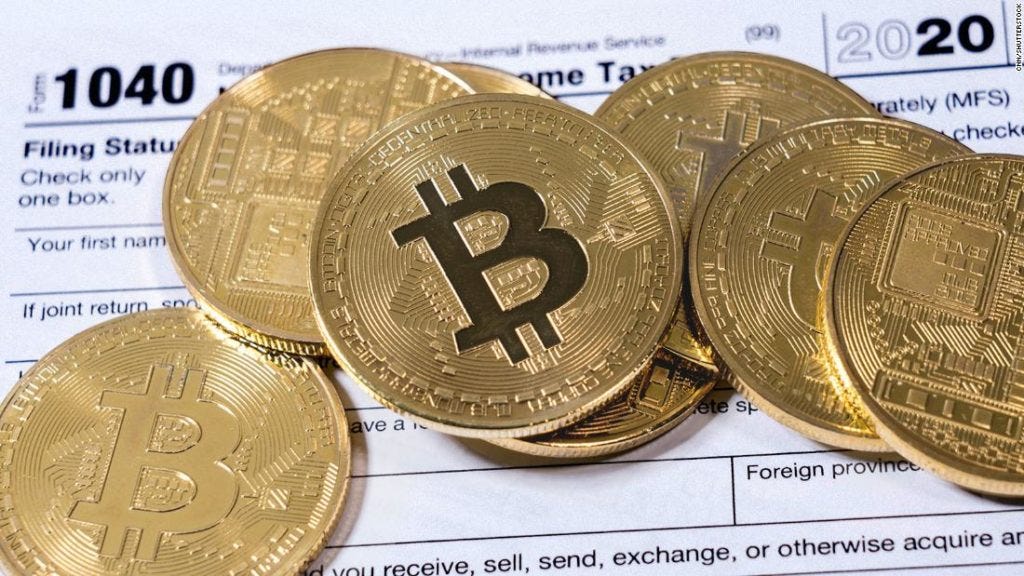Is Bitcoin taxed as a commodity? As property? As currency?
There’s no consensus around the world.
The US Taxes Crypto as Property
What does that mean to investors? Well, it means that Bitcoin and other cryptocurrencies are not treated like currency. When you spend them or exchange them, you’ve triggered a taxable event. Most likely, a capital gain or capital loss.
US tax treatment of crypto was codified in 2014 and hasn’t changed much since. Bitcoin is treated by and large just like stocks or commodities, like gold and silver. Keep in mind that spending your Bitcoin on tacos or coffee at a retail location triggers a taxable event. If I needed another reason to Hodl my Bitcoin, there it is.
So the US, clearly, does not have the most favorable set of regulations concerning cryptocurrencies. Not when compared to smaller, island nations. Here’s a sampling.
El Salvador - the Bitcoin Nation
President Nayib Bukele declared Bitcoin legal tender in the nation back in June of 2021. Their other legal tender is the fiat US Dollar. As legal tender, a currency, El Salvador citizens pay no capital gains taxes upon sale or disposition of their Bitcoin.
What’s more, even foreign citizens will not be taxed by El Salvador when they make gains on Bitcoin in the country. Additionally, El Salvador is building a “Bitcoin City,” which will be free of income, property and capital gains taxes.
As nations go, El Salvador is one of the crypto-friendliest in the world.
Cayman Islands - Well-known Tax Haven
The nation stands out as one of the most popular tax-free crypto countries. The Cayman Islands government imposes no income, inheritance, gift, capital gains, corporation, withholding, or other similar taxes, including on the issuance, holding, or transfer of digital assets. (govisafree.com)
So whether you’re transacting in dollars or Bitcoin, the Caymans seems to be the most beneficial place, tax-wise, to do it. And it’s not a bad place to vacation, either.
Puerto Rico - Tax-Friendly US Territory
Puerto Rico’s ACT 60 law provides the individual resident investor a tax exemption if specific criteria are met. This tax incentive offers a tax rate of 0% on capital gains if you qualify as a bona fide resident. This means that there is no tax on capital gains earned from crypto.
But the tax savings only applies to capital gains earned while a bona fide resident in the US territory. Any gains earned while considered a resident of the US is subject to the US capital gains tax (corvee.com). In order to qualify for Puerto Rico’s tax exemption, however, you must meet three residency tests, namely, a presence test, a tax home test and “closer connection test.”
France - A Mixed Bag of Tax Provisions
France offers Bitcoiners one huge advantage that the US does not. When exchanging one cryptocurrency for another, a taxable event is NOT triggered. Not so in most countries. It’s similar to doing a like-kind exchange of real estate, where the US grants a tax deferral on the transaction.
Other tax provisions in France are not so favorable.
Cryptocurrencies earned from mining are taxed as ordinary income. And capital gains for individuals are taxed at a 30% rate. That’s worse than the US rates.
UK Capital Gains Taxes Offer Some Breaks
The United Kingdom taxes Bitcoin as property, like their American friends, but offers some level of tax exemption. Capital gains are only taxed if they exceed 12,500 pounds, and then only at 10%. Gains over 50,270 pounds are then taxed at 20%. That’s pretty good for the small investor.
Mining businesses are taxed as ordinary income, but a hobbyist doing small scale mining would be subject only to capital gains taxes. Interestingly, airdrops of coins are not taxed as income, unlike in the US.
Canada - Only 50% of Gains are Taxable
Canada has what is known as an “Inclusion Rate” for capital gains, and this rate varies year-by-year. It currently sits at 50%, meaning half of all capital gains are taxed. This is much more advantageous to the investor than are US tax policies.
Conversely, mining businesses are taxed as ordinary income, and exchanging coins is considered a disposal.
Mexico - Not Friendly to Crypto Investors
Mexico’s tax laws make no mention of digital assets or cryptocurrencies.
Thus, regular tax rules apply. Capital gains are taxed as ordinary income. Sales of assets require a 20% withholding obligation. Transfer of assets requires a 16% V.A.T., or value-added-tax. How this is enforced, however, is not clear when utilizing a decentralized network.
One Big US Crypto Tax Loophole
It’s not all bad news in the US for crypto investors.
After a year like 2022, with many Bitcoin and altcoin investors carrying losses, harvesting some tax losses makes sense. If you sold some Bitcoin by December 31, you may realize some tax benefits on your 2022 taxes.
But what if I want to hold for the long-term? Here’s where the US loophole comes in.
Sell your coins, recognize a tax loss, and buy them back. Immediately. Seems too good to be true. And with stocks, well, it is too good to be true. The IRS says no. It’s called a “wash sale,” and any tax losses will be disallowed. With stocks, you need to wait 30 days and then buy them back.
Not so with cryptocurrencies. No was sale rules for crypto. So that’s a bit of good tax news from our friends at the IRS.
Taxation of your crypto assets is important, to be sure. But don’t let the tail wag the dog. Don’t lose sight of the economic considerations of a transaction. Don’t buy or sell just for tax purposes. Keep sight of your investing goals. This is not investing advice; do your own research.
Bitcoin Tools, Platforms, Podcasts:
Twitter - Follow The Bitcoin Files on Twitter at @BitcoinNewslet1 for all of my articles, commentary and links to my contributions to Bitcoin Magazine.
Medium - Check out my writings on Medium, including articles not featured in the newsletter. Join my 600 other followers who read and write about crypto. medium.com/@rickmulvey
Podcasts - To hear the top names in Bitcoin, and learn more than you could imagine, check out The Pomp Podcast with Anthony Pompliano, What Bitcoin Did with Peter McCormack, and The Wolf of All Streets Podcast with Scott Melker.
Issue No. 90, January 6, 2023
Rick Mulvey is a CPA, crypto consultant, and frequent contributor to Bitcoin Magazine. He writes about all things Bitcoin, and yells at the Yankees and Giants. He also runs marathons and makes wine, neither professionally.








